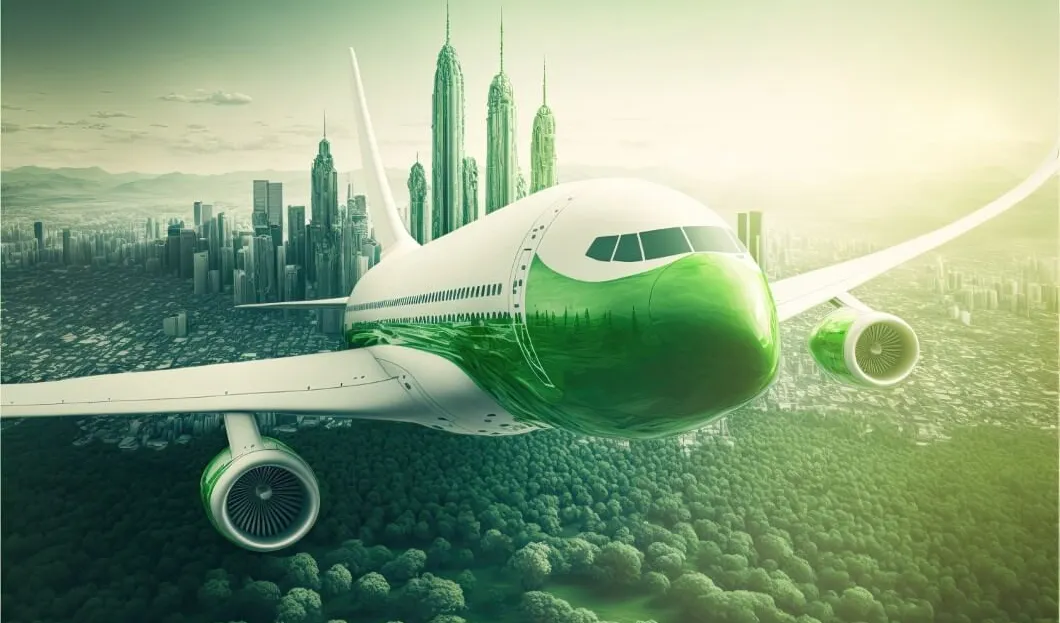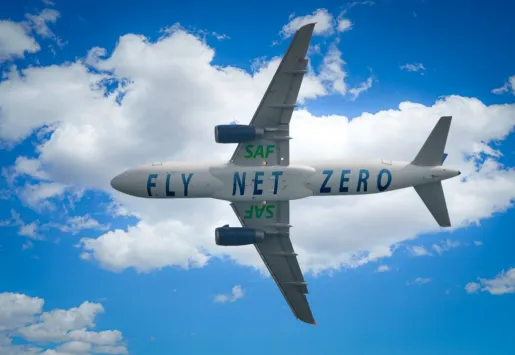
Recently, the EU announced the Refuel EU Aviation program. This program will require air transport companies to include some sustainable fuels in the kerosene use.
Thus, all flights departing from EU airports must integrate at least 2% sustainable aviation fuels within two years. In 2030, this share will have to increase to 6%, to reach 70% by 2050 gradually.
This agreement is indeed a first step towards a significant decarbonization of aviation. However, there are still points to watch out for, including the higher cost of sustainable fuels. This an expense that few airlines still need to be ready to take on, although some big EU airlines have already gotten into it and made it one of the spearheads of their strategy. To achieve carbon neutrality by 2050, the EU aviation industry and other stakeholders must focus on improving engine performance, utilizing new-generation fuels, producing hydrogen, and generating carbon-free electricity.

















